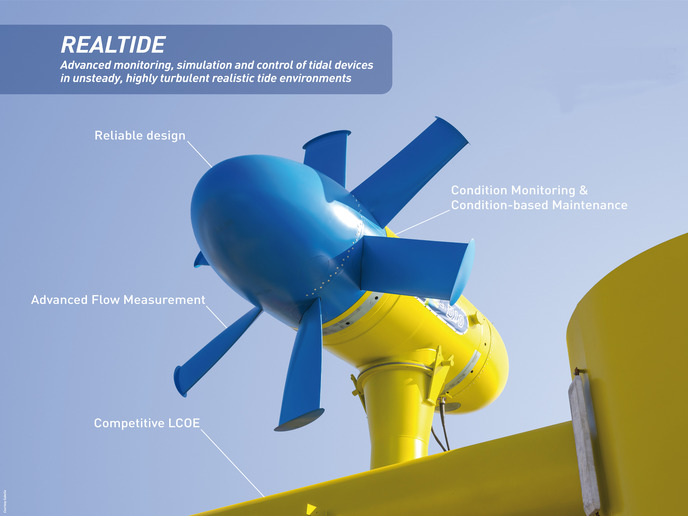Non-linear control in power generation
The behaviour of decentralised energy generation systems is dominated by non-linearities and the interaction of continuous and discrete dynamics. These features make the application of classical control techniques, based on linearised models or purely continuous models, inadequate. The objective of ACRES (Advanced control of renewable energy generation systems based on fuel cells\wind power) was, therefore, to introduce new techniques of non-linear control suitable for these energy generation systems. Control theorists and power specialists worked together to this end. During the project's lifetime, the team developed several advanced non-linear controllers. Among them, a sliding mode controller was proposed to improve the performance of hybrid power generation systems operating on renewable energies and, in particular, fuel cells and wind power turbines. Researchers also put forward a robust solution to the air supply control problem encountered in systems based on polymer electrolyte membrane fuel cells (PEMFCs). This so-called super twisting controller was designed using a non-linear model of a laboratory fuel cell test station. In addition, ACRES developed a dynamic model of the thermal subsystem of high-temperature PEMFCs whose operation differs significantly from that of conventional fuel cells. This was a first essential step towards a proficient temperature controller for a small cell stack. The results of experimental studies have confirmed the potential of proper thermal management to improve system performance. Additionally, a cascaded extremum-seeking control algorithm together with a local proportional integral controller proved able to regulate the temperature to a cell voltage maximum. Lastly, ACRES focus was set on hybrid electrical vehicles that promise high performance and long operating times. These vehicles combine an internal combustion engine with an electrical machine used as a motor driver and generator that charges or discharges the batteries. Researchers explored the combination of a wound-rotor synchronous generator and a doubly-fed induction machine. This configuration of the two machines allowed for the use of smaller power converters and increased the number of control actions, and consequently ensured better power management. The scientific impact of ACRES' work was significant, as the acceptance of papers published in peer-reviewed journals reveals. The team's expectations to attract the interest of companies manufacturing components of renewable energy systems are, therefore, high.
Keywords
Power generation, non-linearities, ACRES, renewable energy, fuel cells, wind power turbines







